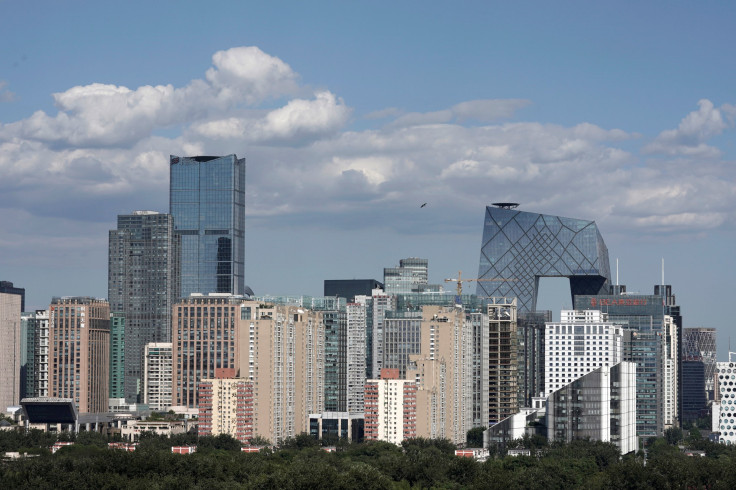Arabic, Islamic Symbols Ordered Removed From Restaurants In China

Chinese authorities have ordered that Arabic script and Islamic symbols be removed or concealed in restaurants and food kiosks in what is seen as an attempt to “Sinicize” (or make more Chinese in character and form) the establishments.
Several restaurants owners and employees who chose not to be identified said that government officials targeted the star and crescent moon symbol and the word “halal” displayed at many of the estimated 1,000 restaurants and halal stores in Beijing’s Muslim quarter and other neighborhoods. There are an estimated 20 million Muslims in China.
Islam is not the only religion that has faced pressure from the Chinese government to fall in line with the Communist Party way of thinking. Christian churches have been shut down and crosses, the most important Christian symbol, have been torn down.
The reason for the increased attention to Muslims may stem from a 2009 riot between Uighur people, a minority mostly Muslim population located in the extreme western area of Xinjiang, near the border of Kyrgyzstan, and the majority Han Chinese. The campaign gained momentum in 2016 and included the removal of the traditional mosque domes and replacing them with Chinese style pagodas.
Much more serious is that according to the United Nations, there are over 1 million Uighur Muslims being held in internment camps that the Chinese call “re-education facilities.” The Chinese claim that the facilities, located in Xinjiang, are there to battle extremism and separatism in the area. It has been described as "the largest mass incarceration of a minority population in the world today" by the U.S. Congressional-Executive Commission on China as reported in a July 3rd CBS news article.
China’s response to the criticism from western nations and rights groups is partly based on the actions of some Uighurs who attacked police and authorities with knives and crude bombs after the 2009 riots. This attempt to defy Chinese government control was described as “terrorism” by the authorities and thus justified the crackdown in Xinjiang.
The Chinese Communist Party has always worried that the influence of things “non-Chinese” will lead to the loss of control over religious groups. Darren Byler, an anthropologist and an observer of Xinjiang, explained to Aljazeera that "Arabic is seen as a foreign language and knowledge of it is now seen as something outside of the control of the state.” Byler continued, "It is also seen as connected to international forms of piety, or in the eyes of state authorities, religious extremism. They want Islam in China to operate primarily through Chinese language.”
Kelly Hammond, an assistant professor at the University of Arkansas who studies Muslims of the Hui minority in China, said to Aljazeera that removal of symbols and other measures are simply part of a "drive to create a new normal" by the government.
© Copyright IBTimes 2024. All rights reserved.





















